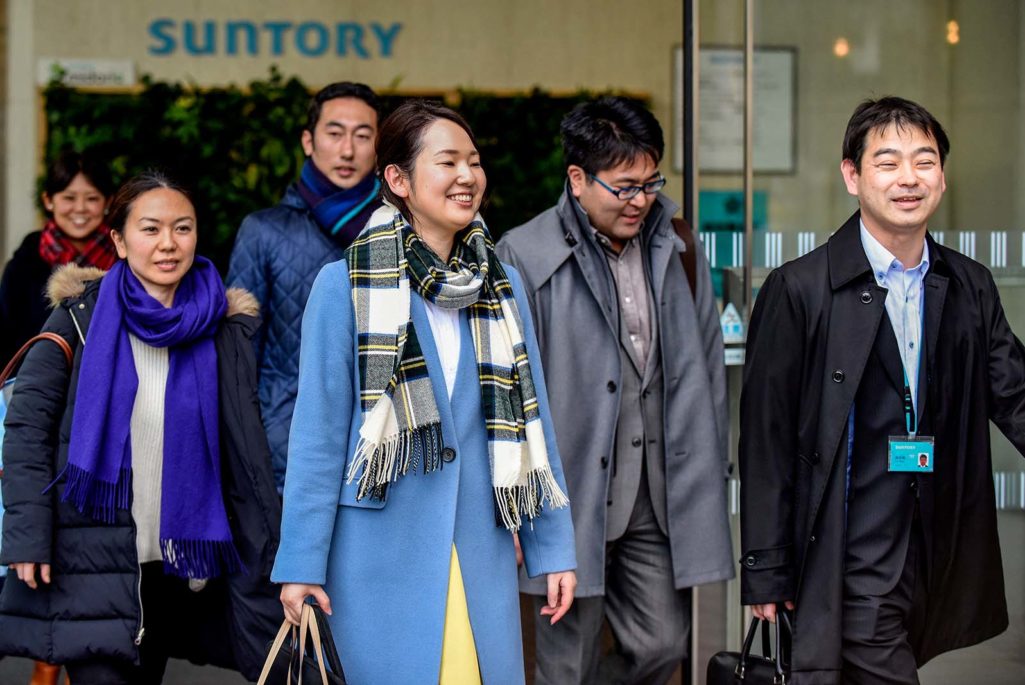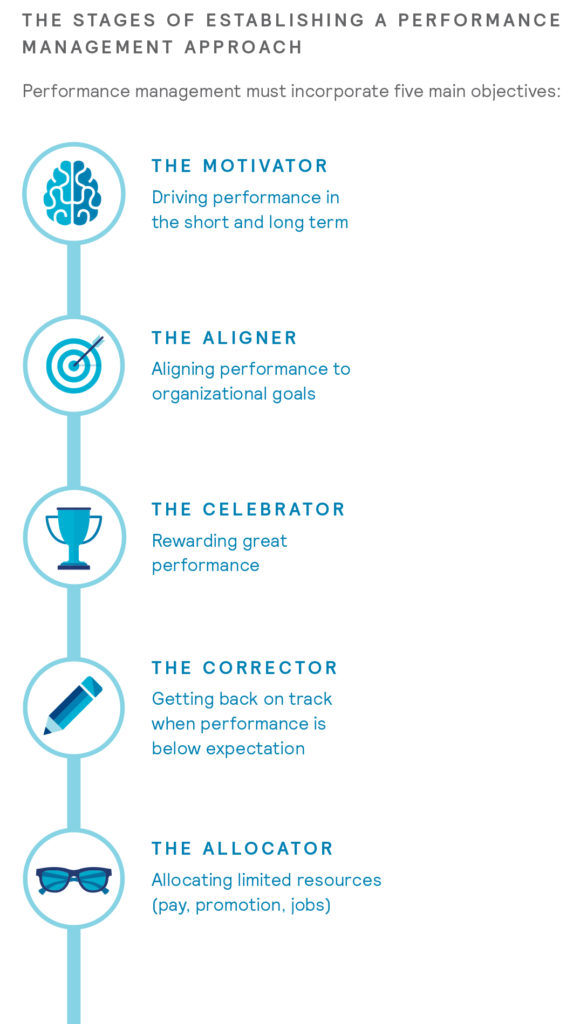Performance Management: What’s Changing in Asia, and What Shouldn’t?

Employees leave their office after finishing work in Tokyo on February 24, 2017. A large segment of employees in Asia appreciate and expect performance ratings.
Photo: Toru Yamanaka/AFP/Getty Images
The evolution of performance management and the debate surrounding the efficacy of this traditional management tool continue globally. In the year since several bellwether employers such as General Electric announced that they were scrapping annual performance reviews, many companies have been reevaluating their current performance management philosophies. The myth that annual performance appraisals are synonymous with performance management is now closer to being busted than ever before.
Here’s how these developments are playing out in Asia. At a time of increasing economic volatility in the wake of a slowdown in trade and certain political events, companies in the region and around the world are desperately looking for new avenues of growth. Being able to hire, motivate and retain high-performing talent to fuel this growth is therefore crucial. The question for human resources leaders has shifted from “To rate or not?” or “Should we link performance rating with rewards?” to “What do we hope to accomplish with our performance management system?”
A recent Mercer survey of more than 1,000 companies in 53 countries found that companies still share the practices of beginning-of-the-year goal setting and year-end performance rating, which, in turn, link to a rating-driven bonus. This seems to belie the rhetoric around the widespread changes underway to the performance management process. The survey also revealed that 95 percent of managers and employees are dissatisfied with the current state of performance management. That probably explains why the rhetoric around the subject continues unabated.
In our work with clients in Asia, we have found enough anecdotal evidence to suggest they are indeed closely observing the global trends and exploring how they could be making performance management more meaningful. We find that some progressive Asian companies are also placing greater importance on an ongoing feedback loop on one hand, and on evaluating potential in addition to performance on the other.
Another interesting cultural nuance that HR leaders have to be cognizant of in Asia is that, unlike their counterparts in the West, a large segment of employees in this part of the world actually appreciate and expect performance ratings. Having often come out of highly competitive academic environments, employees expect to receive ratings for their performance at work. Although staying away from any radical steps, HR leaders in Asia are perhaps better positioned to seek user cases of demonstrated success elsewhere in the world, especially around how managers arrive at the ratings.
Establishing the purpose of performance management and what it is meant to deliver is a good starting point. This needs to be informed by the strategic direction of the business and how that may be evolving in the current macroeconomic environment. For instance, if the organization is shifting focus from absolute growth to profitability, then individual sales targets in isolation of the cost of acquisition may not be a good reflection of the contribution of value to the business.
These objectives are often in conflict, however. High performers must be motivated and a limited rewards pool equitably distributed, whereas underperformers must be checked. The purpose in Asia is usually determined by the nature of ownership of the organization. It is subject to significant variation depending on whether an organization is a state-owned or public enterprise or part of a large, family-owned Asian conglomerate where long-term value often takes precedence over quarterly earnings growth.
HR leaders need to work very closely with stakeholders at the executive level first to agree on what the underlying purpose of performance management ought to be. Once a long-term philosophy has been agreed upon, HR leaders can look at how performance is tracked, particularly whether the link between organizational and individual performance has been established for all levels and functions in the organization.
The next stage of designing or repurposing the performance management system to deliver on the purpose is putting employees at the center. This may be the most difficult part of delivering on performance management in Asia. Employee focus groups can deliver mixed results at best, as a significant proportion of Asian employees aren’t as vocal or expressive as their Western counterparts. The underlying guide, therefore, should be how the design fosters collaboration and encourages feedback, particularly from peers and subordinates. Transparency and trust in the system can be built over time with a focus on establishing multiple channels of communication. The underlying technology needs to support such a design by being intuitive and nimble, focusing on delivering an excellent user experience to both employees and managers.
As with the rest of the world, employers in Asia have yet to find any magical solutions for “fixing” performance management. Companies in Asia and other growth economies have been slow to undertake radical and far-reaching reform of their performance management systems, but this may be a positive thing. HR leaders in Asia can marry emerging best practices with the sociocultural context of their talent, keeping the employee at the heart of this evolution. Once the underlying philosophy is grounded in aligning the business purpose with individual motivations, robust performance management can become the “true north” of strategic HR management.
The full version of this piece first appeared on the Mercer website.



